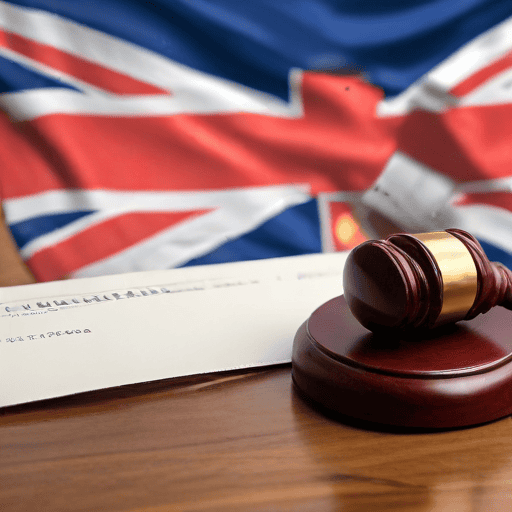The Commission of Inquiry (COI) regarding the appointment of Barbara Malimali as Commissioner of the Fiji Independent Commission Against Corruption (FICAC) commenced yesterday in a closed-door session, preventing media access to the proceedings. Senior legal counsel Janet Mason addressed the reasons for the confidentiality, highlighting ongoing criminal investigations related to several witnesses involved in the process.
Mason clarified that the inquiry primarily aims to assess the “lawfulness” of Malimali’s appointment, emphasizing that it examines the various participants involved in the decision-making process. She noted that the findings of the COI would not be immediately disclosed to the public, as the report will be submitted to the President, who will decide on its release.
Prime Minister Sitiveni Rabuka was the first to testify, describing the inquiry as crucial for uncovering the truth, stating, “I expected it to be tough because they need to get to the bottom.” He expressed confidence in the process, indicating that the questions posed were straightforward and derived from his affidavit.
The Leader of the Opposition, Inia Seruiratu, attended the hearing as an observer and is set to testify soon. He expressed his belief in the importance of the inquiry for good governance and the necessity for transparency in the processes that led to Malimali’s appointment.
Justice David E. Ashton Lewis, a senior Australian jurist and current Supreme Court Judge in Fiji, characterized the first day as positive, commending Prime Minister Rabuka’s cooperation during the inquiry. Justice Lewis reported that there are currently 34 witnesses, with varying durations of testimony expected from each.
The inquiry is expected to progress with more witnesses scheduled to appear in the upcoming days, fostering hope for clarity and accountability in this essential governance matter.
This inquiry serves as a vital step toward ensuring transparency and good governance in FICAC’s operations, reinforcing public trust in institutions that combat corruption. If successful, it could pave the way for more robust accountability measures in Fiji’s governance framework.

Leave a comment